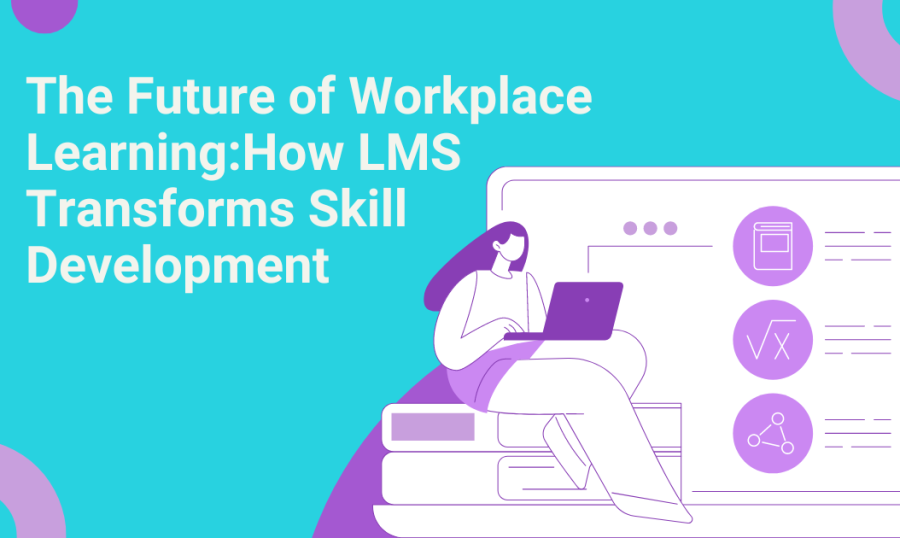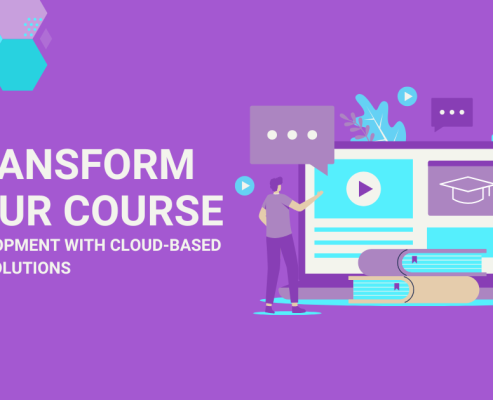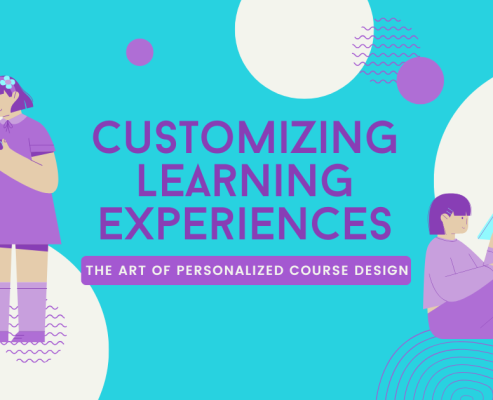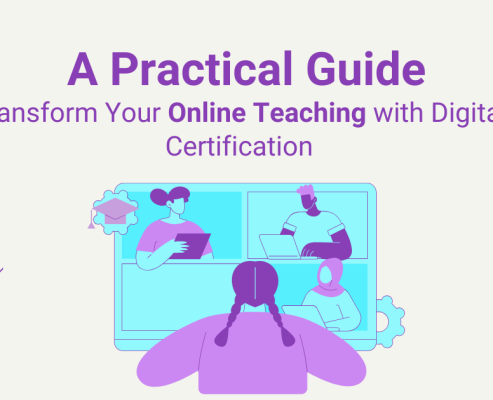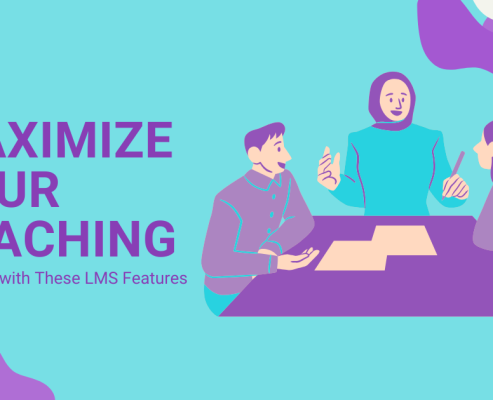How LMS Transforms Skill Development
The modern workplace is continuously evolving which is why it is necessary to focus upon employee learning and development. The traditional training methods have become obsolete, and dynamic, efficient, and engaging solutions like Learning Management System (LMS) are required. LMS platforms are revolutionizing how organizations approach skill development, making learning more accessible, personalized, and effective.
The Evolution of Workplace Learning
Since the past few decades, workplace learning has significantly developed. From in-person training sessions and printed manuals to online courses and digital resources, the methods used to train employees have continuously evolved. This evolution has led to the widespread adoption of LMS platforms.
The Role of LMS in Transforming Skill Development
A Learning Management System (LMS) is a powerful tool that provides a centralized platform for delivering, tracking, and managing training programs. It enables organizations to create a seamless learning experience that aligns with the needs of modern learners. Here’s how LMS is transforming skill development:
- Personalized Learning Experiences
One of the most significant advantages of an LMS is its ability to offer personalized learning experiences. Employees can access content tailored to their specific roles, skills, and career goals. Through adaptive learning paths and recommendations based on performance data, an LMS ensures that learners receive the most relevant and impactful training.
- On-Demand Learning
In today’s fast-paced work environment, employees need the flexibility to learn at their own pace and convenience. LMS platforms provide on-demand access to training materials, allowing employees to learn whenever and wherever they choose. This flexibility not only enhances the learning experience but also improves knowledge retention and application.
- Enhanced Engagement through Interactive Content
Modern LMS platforms leverage multimedia content, gamification, and social learning tools to create a more engaging learning environment. Interactive elements such as quizzes, simulations, and discussion forums make learning more enjoyable and effective. Engaged employees are more likely to retain information and apply new skills in their roles.
- Continuous Learning and Development
The traditional model of one-time training sessions is being replaced by a culture of continuous learning. LMS platforms support ongoing skill development by providing employees with access to a vast library of resources and courses. This continuous learning approach helps employees stay updated with the latest industry trends and advancements, fostering a culture of innovation and growth.
- Data-Driven Insights
LMS platforms offer robust analytics and reporting features that provide valuable insights into employee performance and training effectiveness. Organizations can track progress, identify skill gaps, and make data-driven decisions to improve their training programs. These insights help in tailoring training initiatives to better meet the needs of the workforce.
- Cost-Effective Training Solution
Implementing an LMS can significantly reduce training costs by eliminating the need for physical materials, travel, and venue rentals. Additionally, digital content can be easily updated and reused, making it a more sustainable and cost-effective solution in the long run.
The Future of Workplace Learning with LMS
The future of workplace learning is being transformed by innovative Learning Management Systems (LMS) that are reshaping how employees develop skills. With LMS, organizations can offer personalized, interactive, and on-demand learning experiences that keep employees engaged and ready to adapt to new challenges. This tech-driven approach not only enhances knowledge retention but also supports a culture of continuous growth, positioning companies for long-term success. Embrace LMS to revolutionize your workforce’s development and stay ahead in the competitive landscape.
Conclusion
Workplace learning is being shaped by the innovative capabilities of LMS platforms. By providing personalized, engaging, and on-demand learning experiences, LMS transforms skill development and empowers employees to thrive in a rapidly changing work environment. As organizations continue to invest in LMS technology, they will be better positioned to cultivate a skilled and adaptable workforce ready to meet the challenges of tomorrow. Embrace the future of workplace learning with an LMS and unlock the full potential of your employees.
